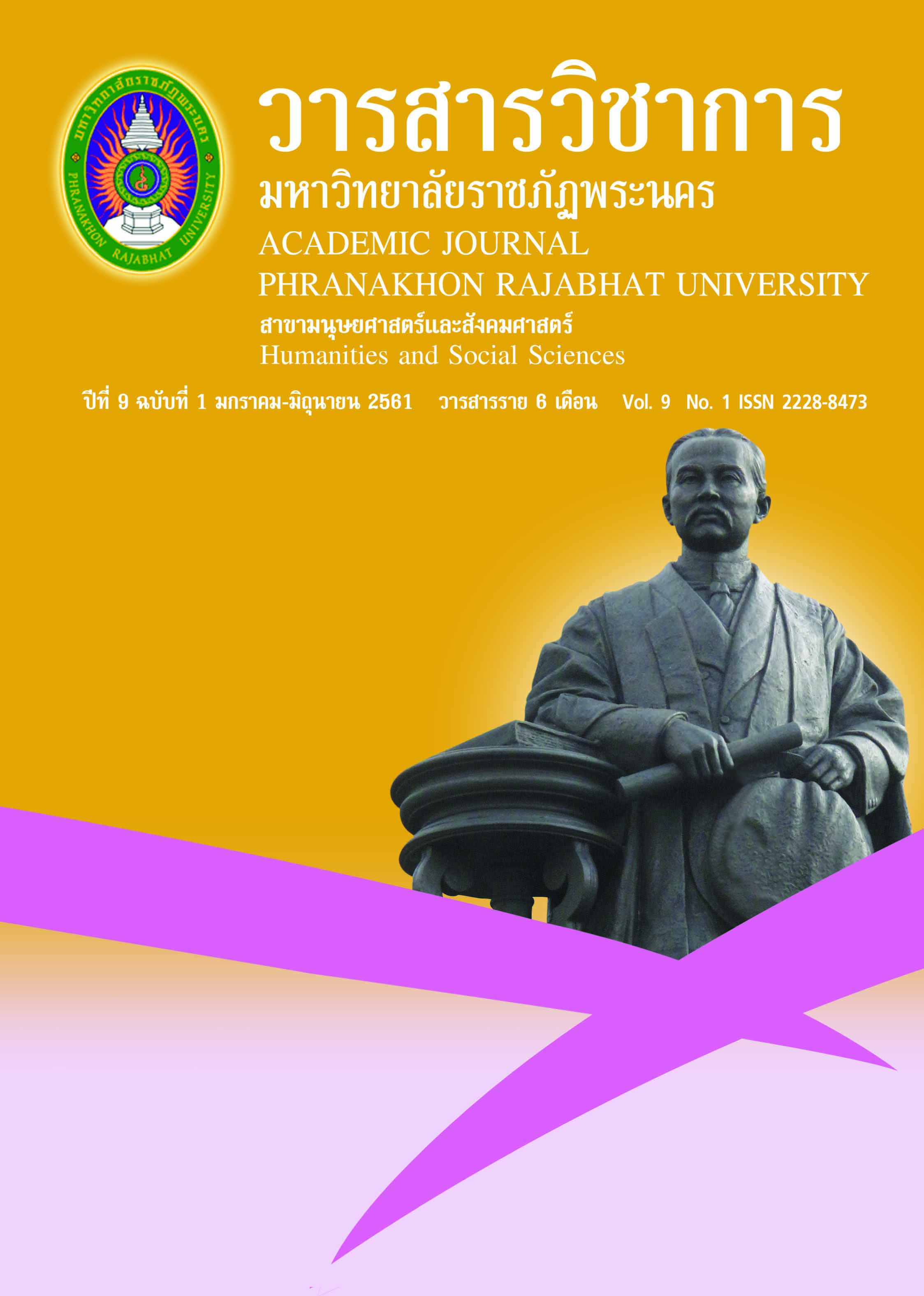LEGAL PROBLEMS ON THE OFFENSES OF INFRINGING AND PUNISHED UNDER THE COPYRIGHT ACT, B.E. 2537
Keywords:
Criminal Protection of Copyrights, regal, CopyrightAbstract
This thesis studies the problem of determination of penalties for violation of Copyrights Act B.E.2537 in force at present. Its purpose is to examine principles related to protection of copyrights in specific law regimes additionally, the principles of determining charges and penalties under the theories on criminal law, characteristics of offenses, and importantly, whether or not they are appropriate, compared to other crimes committed with the same degree of violence. The information obtained utilizing literature review and in-depth interview based on purposive sampling is analyzed so that the problems and effects from designating the criminal charges of infringement of copyrights can be drawn from the collected information with the purpose of a suggestion of improving the law to protect copyrights from criminal infringement that suits the context of the present Thai society. It is found out in the study that the Thai law is due to the implementation of Bern Convention and Agreement on Trade-Related Aspects of Intellectual Property Rights (TRIPS) has it that infringement of copyrights has to be committed with intention, in the amount deemed as for a commercialpurpose. Furthermore, the penalties of imprisonment and fines have to be compatible with other
crimes with the same degrees of violence. As to Copyrights Act, indirect infringements. What is more, the law renders criminal all civil infringements; the law even extends to that duplications, without indication of the circumstances, without evidence of the cases, Furthermore, the penalty for copyright infringement is more in degree than that of the crime of which the degree of violence is the same. the standardization of this protection is higher than that under TRIPS and the penalties under this Act is not in proportion to the circumstances of committing the crime, and significantly, not in compliance with both the intention of enacting criminal laws and the theories of Criminology in stipulating penalties – theoretically Appropriate criminal protection should, therefore, be the legal stipulation that only commercial infringement of copyrights can be a crime with the designated description under the The law of the unlawful circumstances, amount and income earned from the violation. Imprisonment should not be more than three years without
a minimum limit; while, a fine should be maximally limited as usual, yet without minimum rate.
References
Hart, H. L. A. (1968). Punishment and responsibility. Oxford: Clarendon Press.
James, R. S. et al. (1980). Copinger and Skone James on Copyright. London: Sweet & Maxwell.
Nanakorn, K. (2013). Criminal Justice. Bangkok: Vinythai Publications. (in Thai)
Packer, H. L. (1968). The limits of the criminal sanction. CA: Stanford University Press.
Pinyosinwat, T. (2009). Rationale for the protection of intellectual property rights. Bangkok: Thammasat University.
(in Thai)
Downloads
Published
How to Cite
Issue
Section
License
"บทความวิชาการในวารสารฉบับนี้ ถือเป็นความรับผิดชอบของผู้เขียนเท่านั้น"
สงวนลิขสิทธิ์ตามพระราชบัญญัติลิขสิทธิ์



